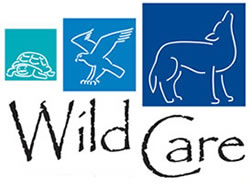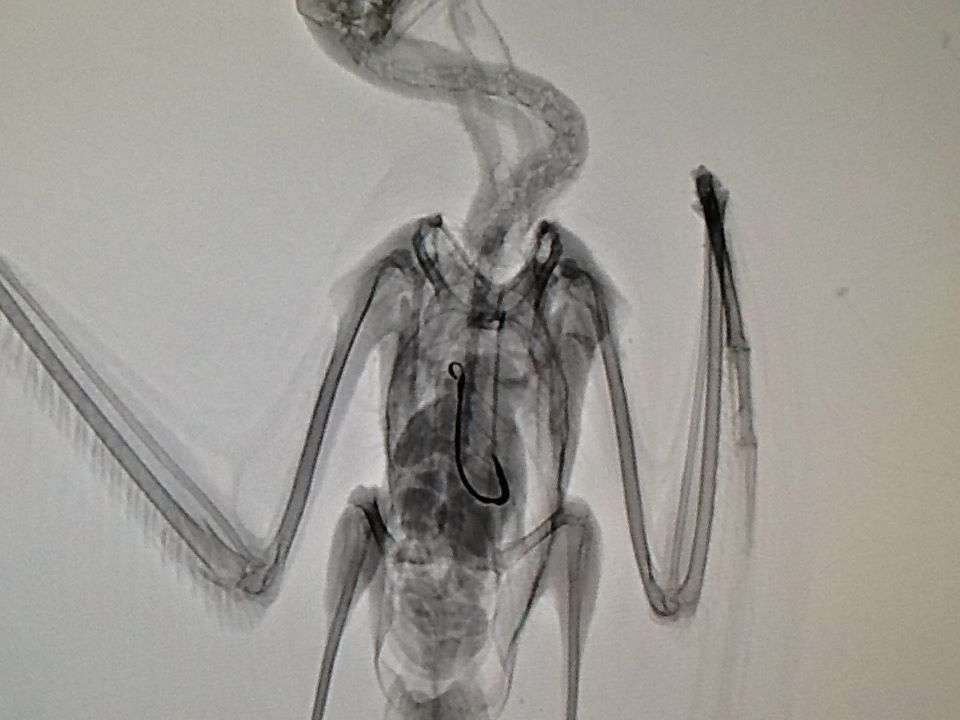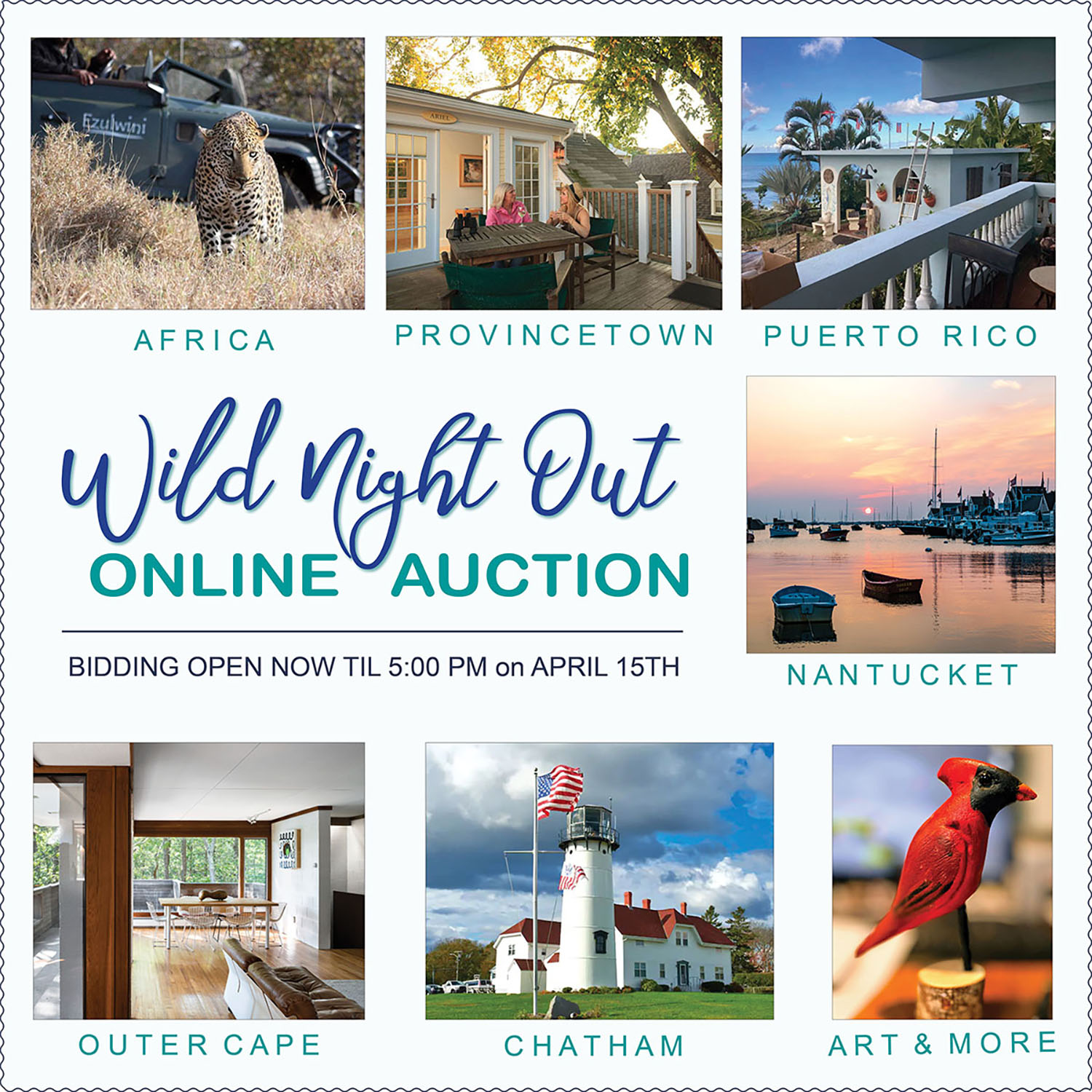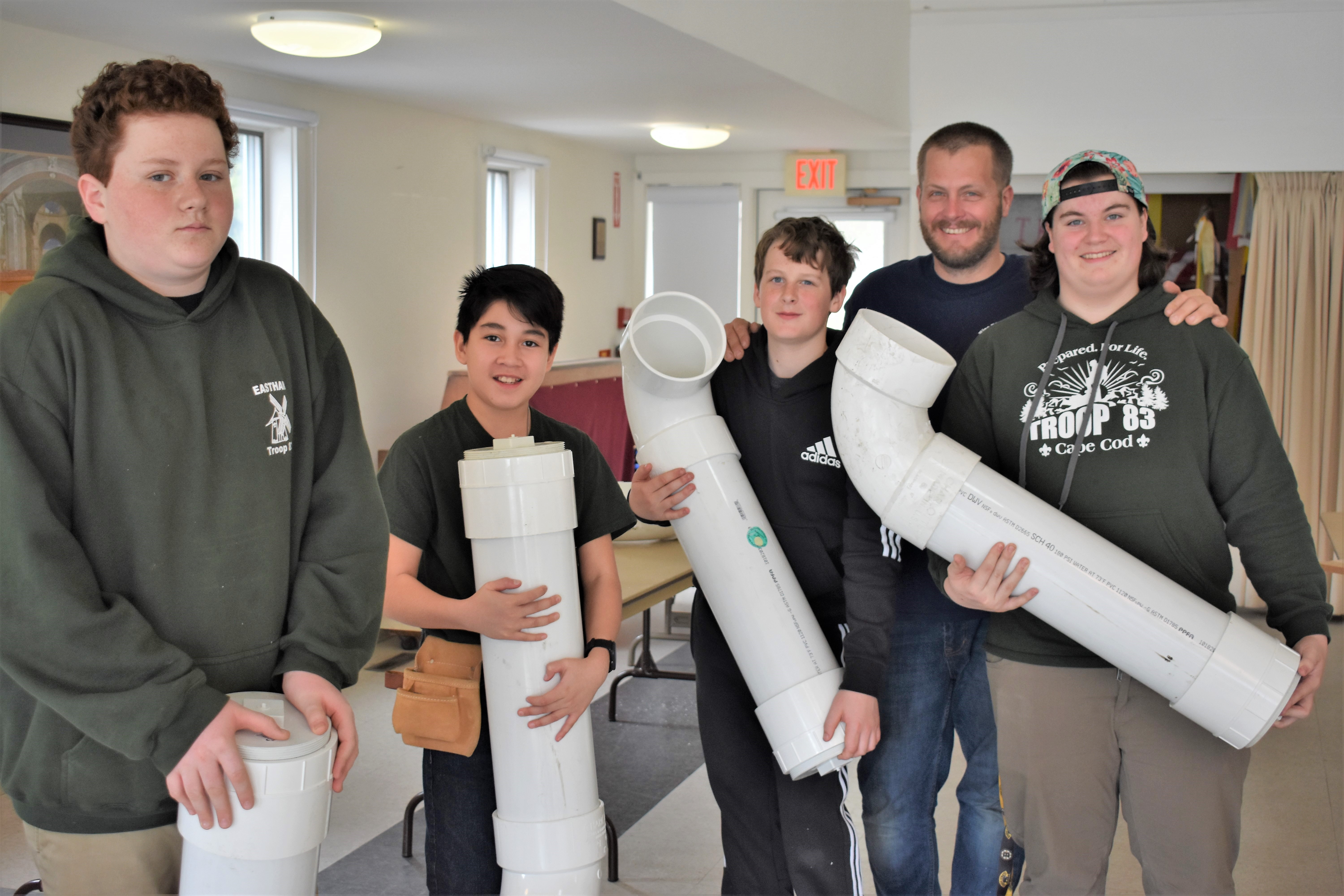
Trash Your Tackle
(Photo L to R: The Boy Scout Troop #83 Eastham. Thomas Johnson, Alex Maldacker, Thomas Bean, Josh Bean, Seamus Weatherup. Photo by Kerry Reid.)
(Updated 10/15/19)
Wild Care Launches “Trash Your Tackle”
Initiative Seeks to Reduce Marine Debris Impacts on Wildlife
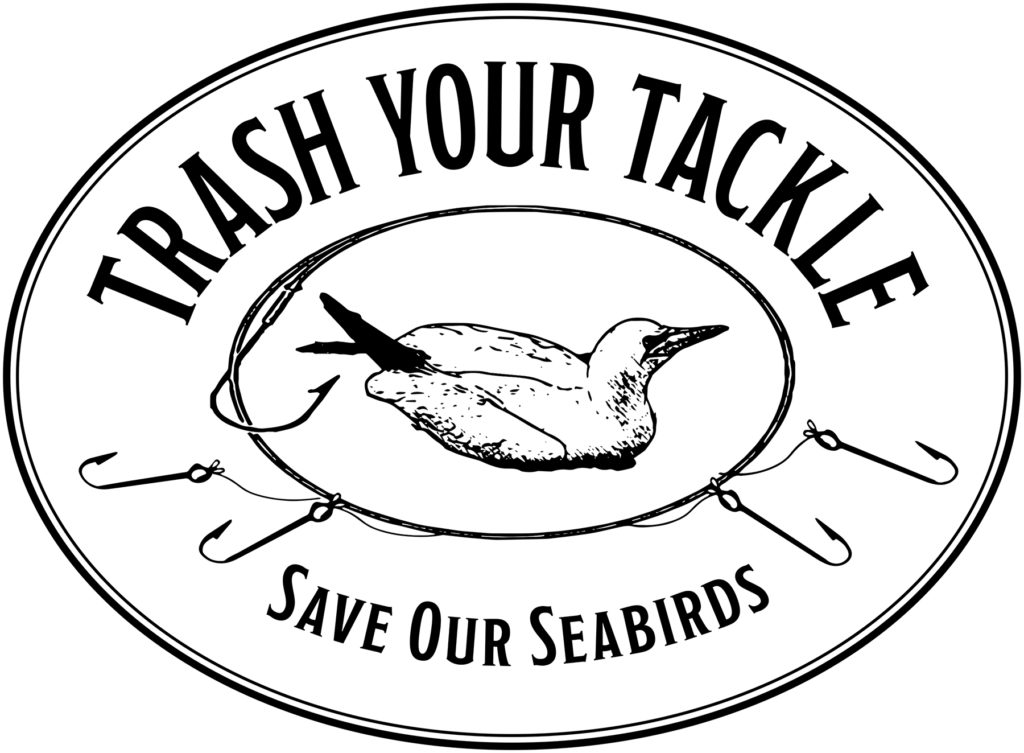 (Eastham. October 2, 2019) Wild Care, a wildlife rehabilitation center located in Eastham, is excited to announce the official launch their new initiative called, “Trash Your Tackle”. In
(Eastham. October 2, 2019) Wild Care, a wildlife rehabilitation center located in Eastham, is excited to announce the official launch their new initiative called, “Trash Your Tackle”. In 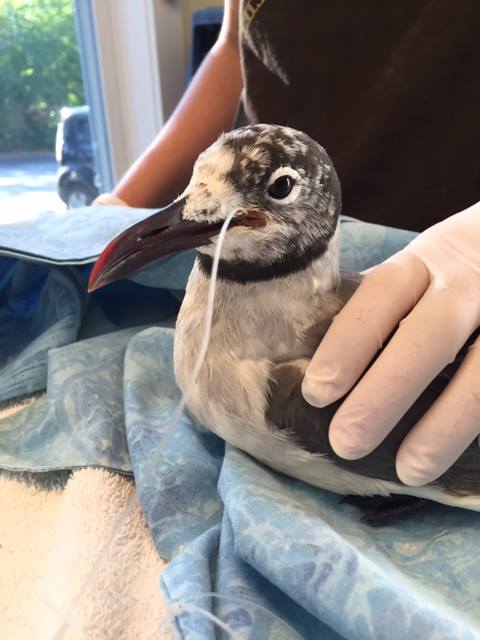 this pilot initiative, five PVC receptacles have been installed at four separate locations in the Town of Chatham. Locations include the Mitchell River Bridge, Hardings Beach, Barn Hill Road Town Landing, and Strong Island Road Town Landing.
this pilot initiative, five PVC receptacles have been installed at four separate locations in the Town of Chatham. Locations include the Mitchell River Bridge, Hardings Beach, Barn Hill Road Town Landing, and Strong Island Road Town Landing.
The receptacles will serve as repositories for derelict recreational fishing gear – including hooks, lines, and sinkers. The ultimate goal of the PVC receptacles is to provide a place for the public to deposit gear, and safely remove it from the environment. The receptacles will be emptied on a weekly basis by volunteers from Cape Abilities (Hyannis). Materials collected will be brought to Wild Care to be weighed, itemized, cleaned, sorted, recycled, repurposed or disposed of appropriately, depending on the materials.
“Dr. Robert Duncanson, Director of Health & Natural Resources, Town of Chatham was instrumental in making this new initiative happen for Wild Care–demonstrating the Town’s commitment to a clean environment that benefits wildlife and people,” remarked Wild Care Executive Director, Stephanie Ellis. “Our goal is to decrease the number of fishing-debris related wildlife casualties, and raise awareness that materials such as fishing line, hooks, lures, and sinkers can be extremely harmful to wildlife – even when these items are not in the water. Wild Care has seen over 25 fishing-debris related injuries in waterbirds in the past two years, and the numbers have been increasing annually. In 2019, we’ve seen 14 animals brought to us with fishing-debris related injuries (15 animals total, in 2018). Most of these incidents took place in August 2019 and in the summer months, when recreational fishing is at its height.”
“Most people want to help the environment, but may not be aware of exactly what to do,” states Ellis. “These receptacles will educate and empower people to remove these items from the environment, so that they do not become a hazard to wildlife, or to people. Hooks, line, jigs and sinkers, when ingested by marine animals, often lead to obstruction, starvation and ultimately death. Contrary to popular belief, birds and other wildlife cannot digest hooks and plastics that get into their system.”
“The community has really rallied around this important initiative with generous financial support and in-kind donations,” says Ellis. The Boy Scout Troop #83 from Eastham built the PVC receptacles for the program, with donated materials. In addition, Wild Care has received generous donations from these community sponsors:
- Cape Air
- CARE for the Cape and Islands
- CROW – Clinic for the Rehabilitation of Wildlife
- Garvey Communication Associates, Inc.
- Nauset Disposal
- Nauset Marine
- No. Chatham Outfitters (Our very first sponsor!)
- The Cape Cod Five Foundation
- The Andrew S. and Katherine Y. Keck Fund of The Cape Cod Foundation
- Lawrence Lynch Corp. Foundation for Charitable Giving Fund of The Cape Cod Foundation
- The Cape Cod Foundation
For more information contact Executive Director, Stephanie Ellis at © 508-240-2255, or email [email protected].
Origin of Trash Your Tackle: This pilot project is modeled after a similar successful initiative, launched in 2014 by the Clinic for the Rehabilitation of Wildlife (C.R.O.W.) on Sanibel Island, Florida called, “Mind Your Line”. This initiative was instituted to minimize wildlife injury related to fishing. Thirty receptacles are placed throughout the island. A recent analysis shows a downward trend in fishing-related injuries between 2014 – 2017, in their most commonly impacted species. The findings suggest that the program has a direct positive impact.. Trends in Fishing Related Injuries to Wildlife in Southwest Florida, Emelie Perez, BS Biological Sciences, 2019.
(Photos: Laughing Gull that swallowed a fishing hook with attached monofilament. Photos by Stephanie Ellis.)
THANK YOU TO OUR TRASH YOUR TACKLE SPONSORS!
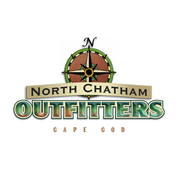 | 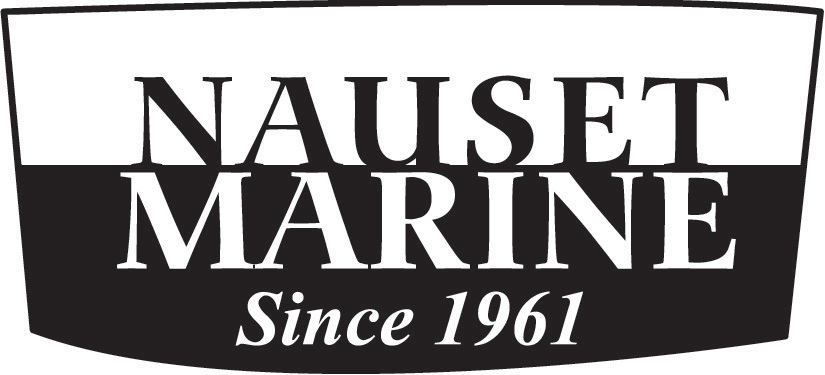 | 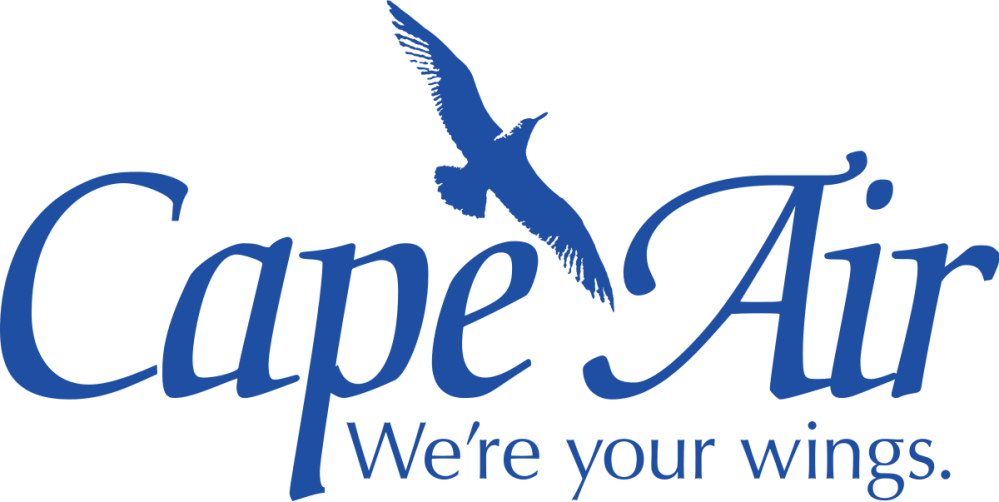 |
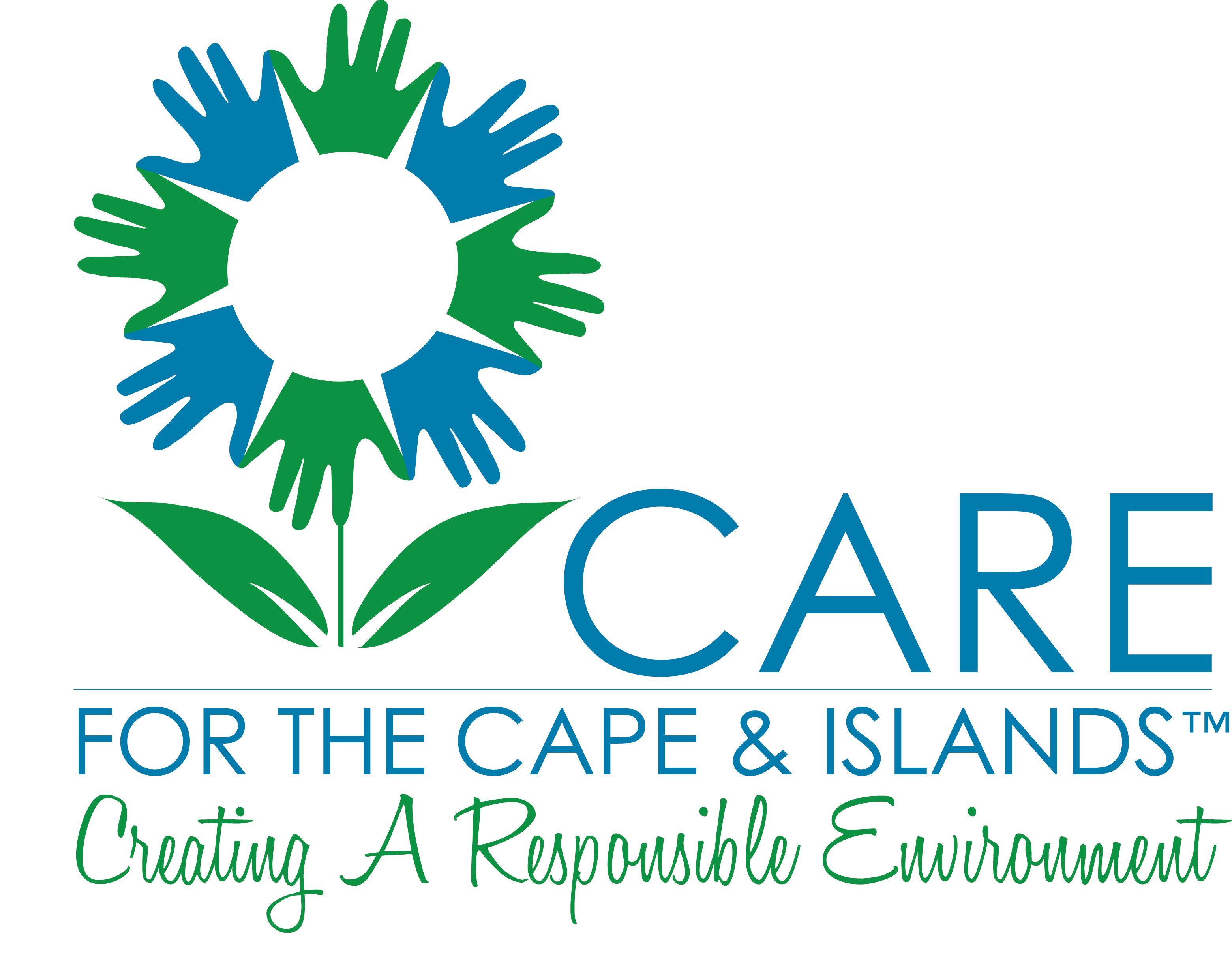 | 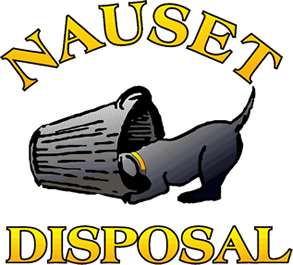 | 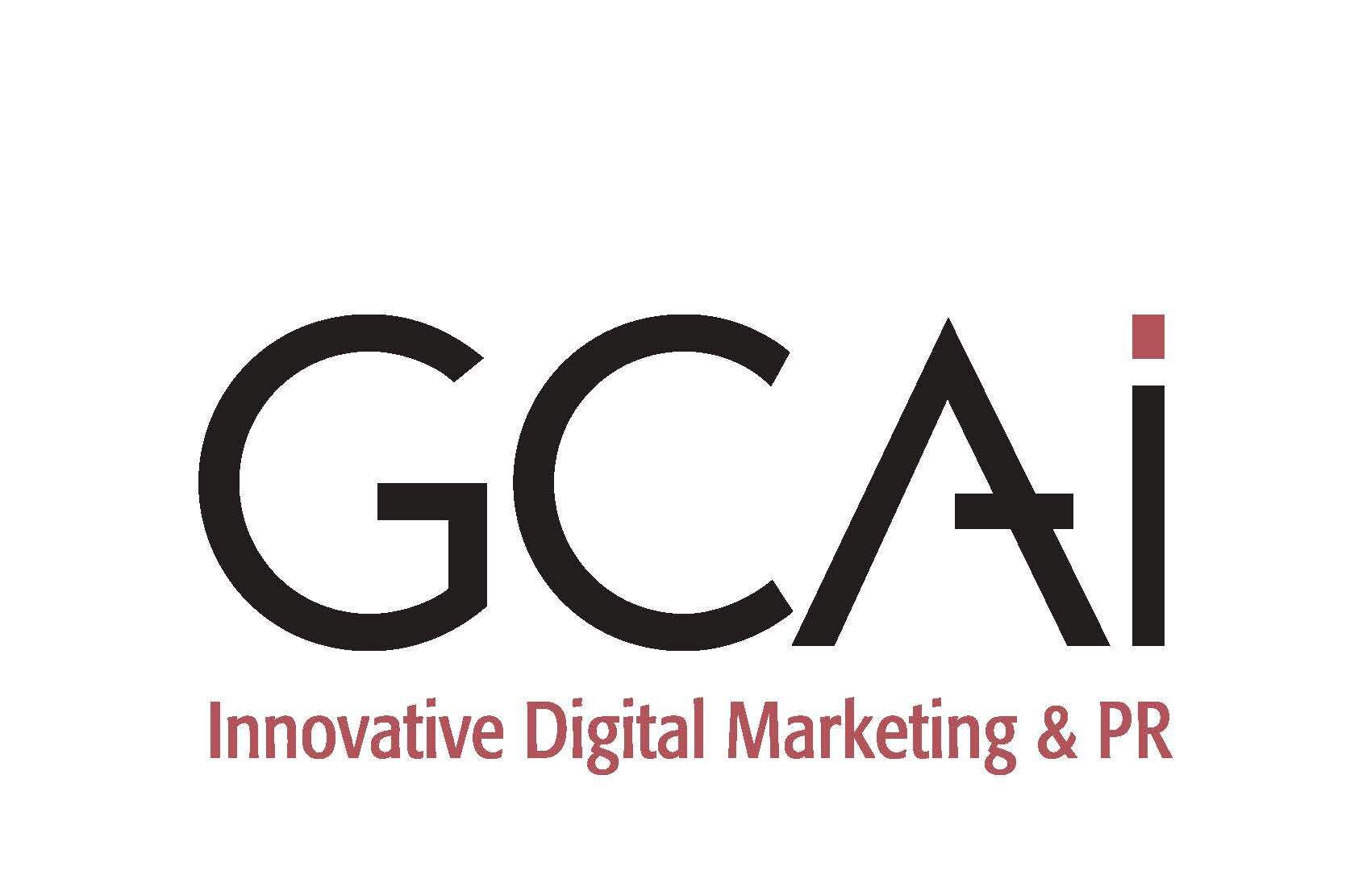 |
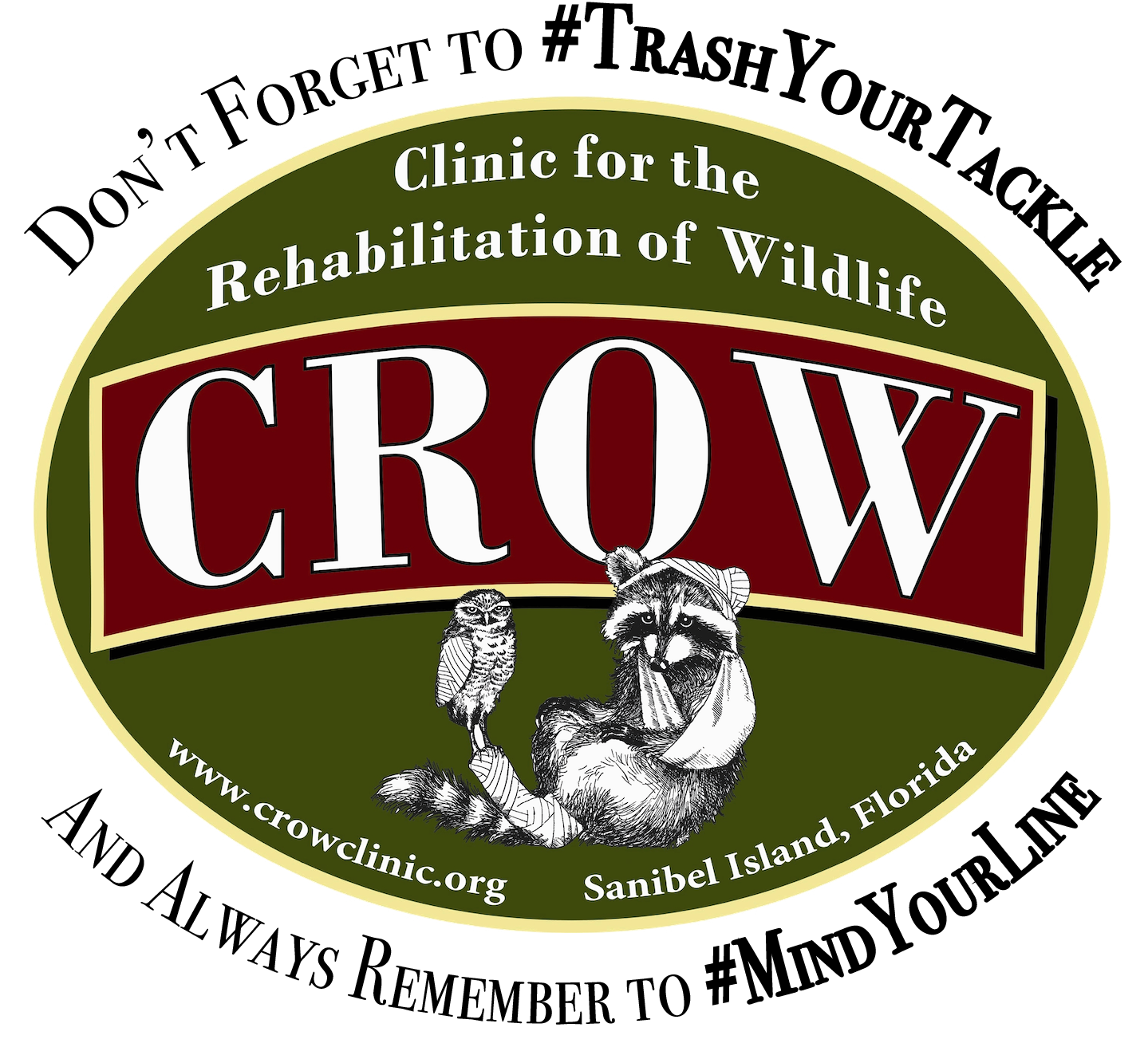 | 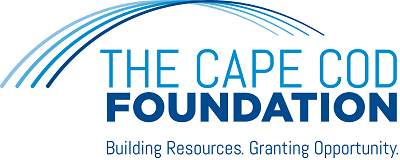 | 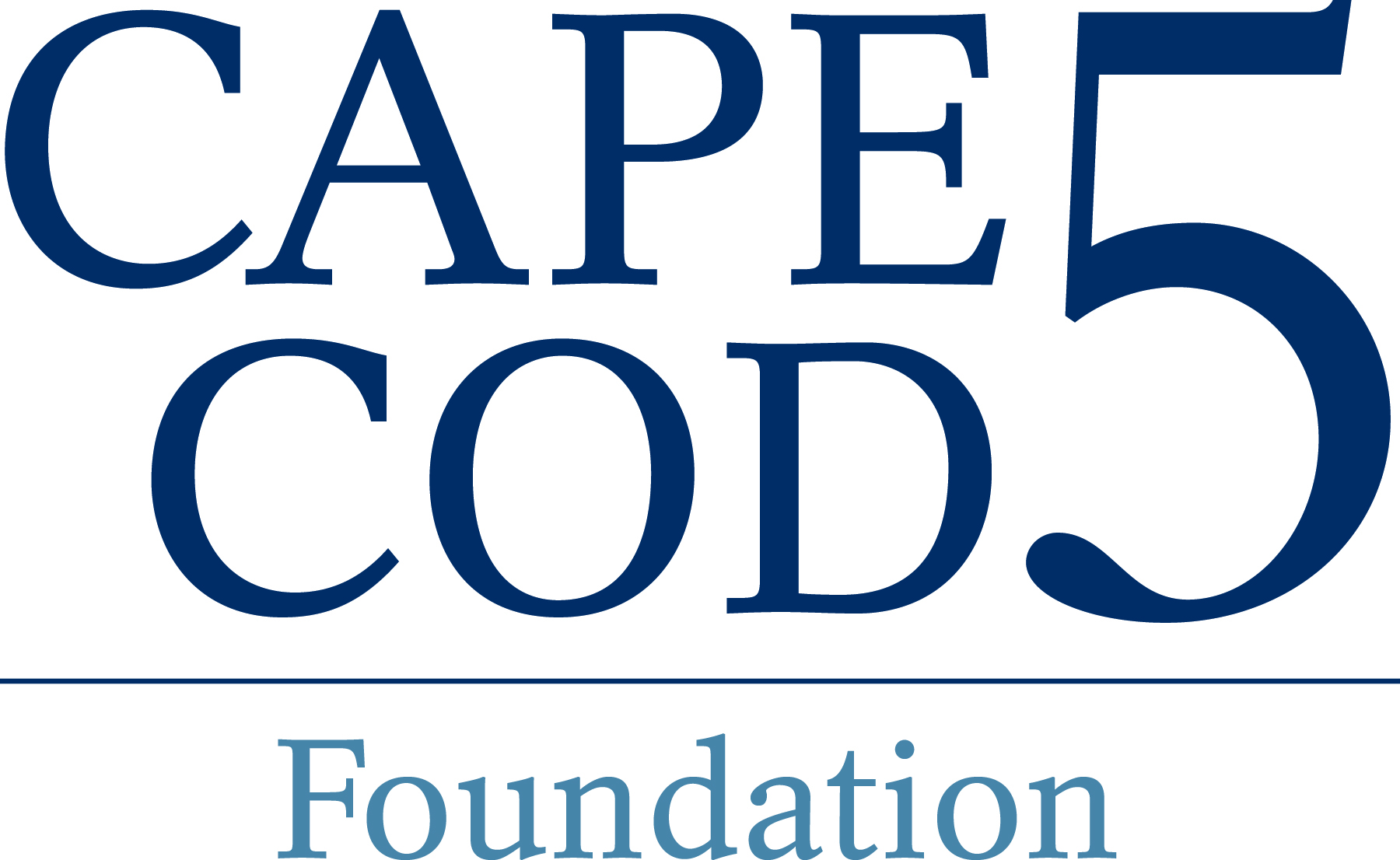 |
Wild Night Out Online Auction
READY, SET, BID… We are so excited to announce that our Wild Night Out Online Auction is now live!
READ ALL NEWS
CALENDAR OF EVENTS
04 April, 2024
Wild Night Out Online Auction
EVENT DETAILS
05 April, 2024
Wild Night Out
EVENT DETAILS
28 February, 2024
Wildlife Winter/Spring Talk Series
EVENT DETAILS

DID YOU KNOW??
Wild Care has a state-of-the-art seabird therapy pool, which allows seabirds and waterfowl to exercise on running water. This will help our bird friends recover more quickly so they can get back to their watery habitats!
